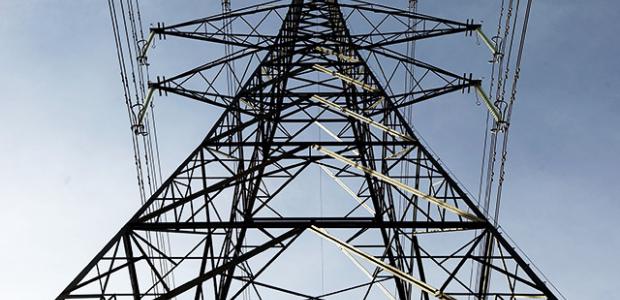An amendment to settle pending CAT payments for the current year is expected to be made immediately following Greece’s September 20 elections, while procedures for the establishment of a new CAT mechanism to be implemened at the start of 2016 are progressing fast and should be completed very soon.
At this stage it is unclear whether the CAT mechanism’s revisions will be made through legislative procedures or changes to the sector’s code of regulations. The former appears more likely.
It is considered certain, however, that legislative changes will need to be made to enable retroactive CAT-related payments to producers for the current year, based on bailout terms with the country’s lenders.
According to energypress sources, the recently resigned Syriza-led government’s Production Reconstruction, Environment and Energy Minister Panos Skourletis provided the European Commission with a CAT plan for 2015 comprised of payments for six months.
The next energy minister to emerge from the imminent elections will need to move swiftly and, as a first act, deliver a legislative revision servicing retroactive CAT payments for the current year’s entirety.
As for the CAT mechanism to be implemented at the beginning of 2016, the bailout agreement has scheduled a finalized plan within the current month.
Officials are reportedly working frantically to meet this deadline. The bulk of the effort is being made by RAE, the Regulatory Authority for Energy, with IPTO, the power grid operator, playing a secondary role in the effort to formulate a CAT plan that is well suited to the grid’s real needs. Practices used by other EU member states will be adopted for the local model.
According to energypress sources, the UK model, whose CAT price levels are deterimined through competitive bidding procedures and not set administratively, is heavily influencing the shape of the Greek model now in the making.
Officials are contemplating to exclude – from CAT-mechanism payments – power stations whose investment costs have been amortized or significantly reduce amounts offered to older units. The European Commission has set this as a condition in the bailout agreement.
Producers offering flexibility to the grid are expected to benefit, as is the case in all EU member states. IPTO will have exclusive control of the mechanism and payments derived from it.
The overall objective is to soon have established a clear picture as to how the electricity market will operate over the next two to three years, at least, without the need for any revisions. Officials will also seek to avoid any market distortions leading to losses or overcompensation for producers.
Besides the new CAT mechanism, officials are also working on reintroducing a revised Variable Cost Recovery Mechanism to help cover start-up costs at thermal stations.





